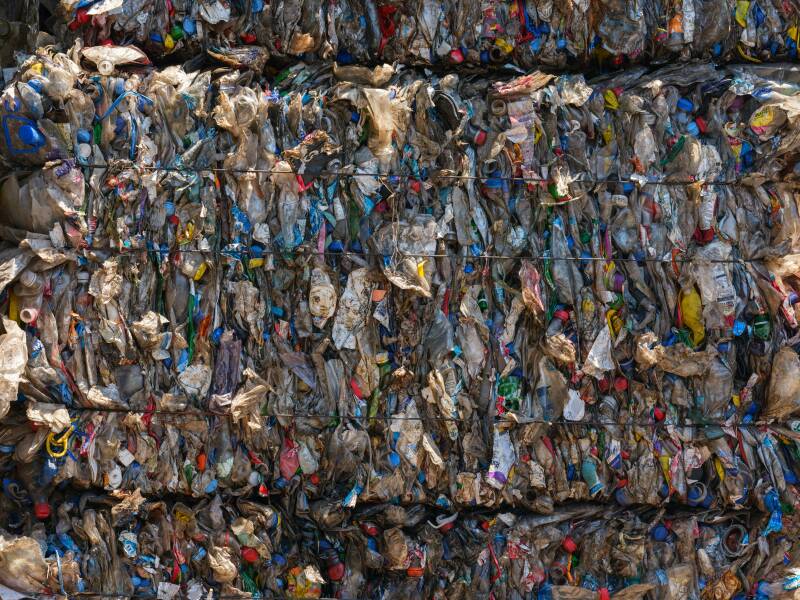
Mass production of textiles and clothing
Why are clothes so cheap - and who pays for it?
Have you ever wondered how it's possible for a new T-shirt to sell for less than five euros? The answer lies in the mass production of textiles and clothing - a phenomenon that has shaped the way we consume, but also leaves its mark on the environment and human rights.
Faster, more, cheaper
Mass production means huge scale: clothes are produced every year over 100 billion pieces. This is many times more than we actually need. The fast fashion model is based on a constant stream of new products that fuel purchases - often on a whim, not out of necessity.
To minimize prices, production is exported to countries where wages are low and working conditions are often inadequate. A garment can travel thousands of kilometers before it ends up on a store shelf - and is often forgotten in the back of a closet after purchase.
The environment pays a heavy price
The textile industry is one of the most polluting industries in the world. The production of clothing consumes a huge amount of water, energy and chemicals. For example, the production of one (1) cotton T-shirt can require over 2,500 liters of water That's the same amount a person drinks in about 2.5 years.
In addition, a large part of clothing quickly ends up as waste. Only a fraction of it is recycled. The rest is burned or buried in the ground. Clothing is not a disposable product , but it is often treated as such.
Are there any alternatives?
Yes, it is. More and more consumers are starting to question the mass production model and are looking for more sustainable alternatives: locally produced, made from recycled materials and products that last. Quality, origin and story are starting to weigh more than price in clothing choices.
At MaallineDesign, I believe that less is more - also in clothing and textile products. That's why I use surplus and recycled fabrics, make products in small batches and invest in making each product last over time - both in use and in style.
Mass production is not a law of nature. It is a choice, as is more sustainable consumption.
"There is no planet B"
